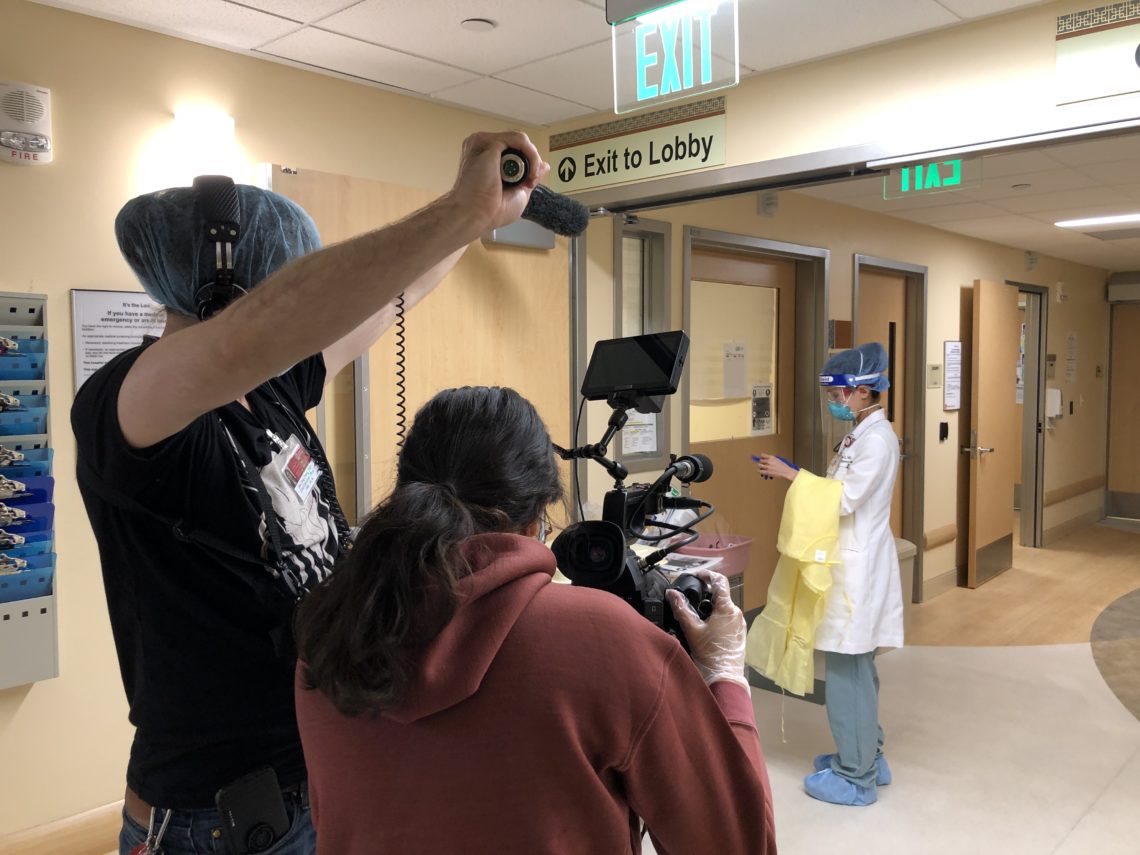
Berkeley Journalism students Christian Collins and Meiying Wu demonstrate the school’s focus on local reporting as they film a PBS NewsHour segment about how early planning in San Francisco’s Chinatown helped lessen the impact of COVID-19. (Photo by Alyson Stamos)
The UC Berkeley Graduate School of Journalism will launch a $25 million, state-funded fellowship program this spring that aims to support and strengthen local reporting in underserved and historically underrepresented areas across the state.
What is believed to be the largest state allocation ever made in California and in the U.S. to support local journalism, the new Berkeley fellowship program will award up to 40 fellows per year for at least three years with a $50,000 annual stipend to supplement their salaries while they work in California newsrooms covering communities in dire need of strong local journalism.
Fellowships will last three years. Berkeley Journalism students and graduates, and graduates of other programs elsewhere, will be able to apply for the first fellowship cohort as early as May 2023. Chancellor Carol Christ said the fellowship program reflects the campus’s values and priorities, and demonstrates the innovative leader that Berkeley Journalism has become in higher education.
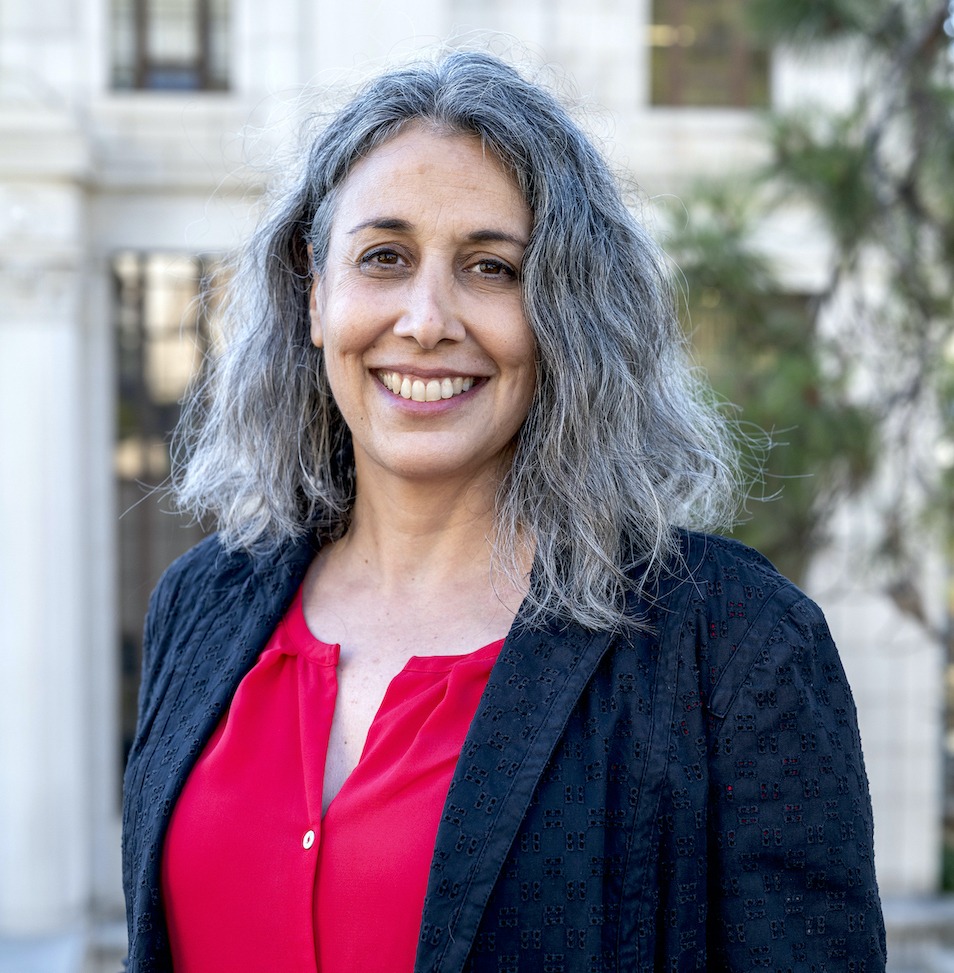
Dean Geeta Anand. Photo Wesaam Al-Badry (’20)
“This program will be extraordinarily beneficial for the journalism students we educate and the people of California, who we serve,” said Christ. “The greater good is advanced when we can rely on credible, local news coverage that reflects the needs and concerns of all communities. At the same time, providing equitable access to a career in journalism will help ensure our students can thrive professionally, without regard for their origins or identities.”
Berkeley Journalism Dean Geeta Anand said the funding will transform local journalism in California and change who gets to be a journalist in the state. “This is at the core of who we are: One-quarter of our incoming class are first-generation college students, and more than half are from communities underrepresented in journalism,” she said.
“This funding will not only strengthen local journalism and democracy, but also enable early career journalists from historically marginalized groups to be able to afford to take the entry level jobs essential to building a journalism career,” Anand said.
Funds for the fellowship program will come from California Assembly Bill 179, which was approved by legislators in the senate and assembly last week and championed by District 7 Sen. Steve Glazer (D-Contra Costa). Gov. Gavin Newsom signed the bill into law yesterday.
The program aims to strengthen local reporting across the state and to combat the gaps in credible local news coverage that have been filled by disinformation, Glazer said.
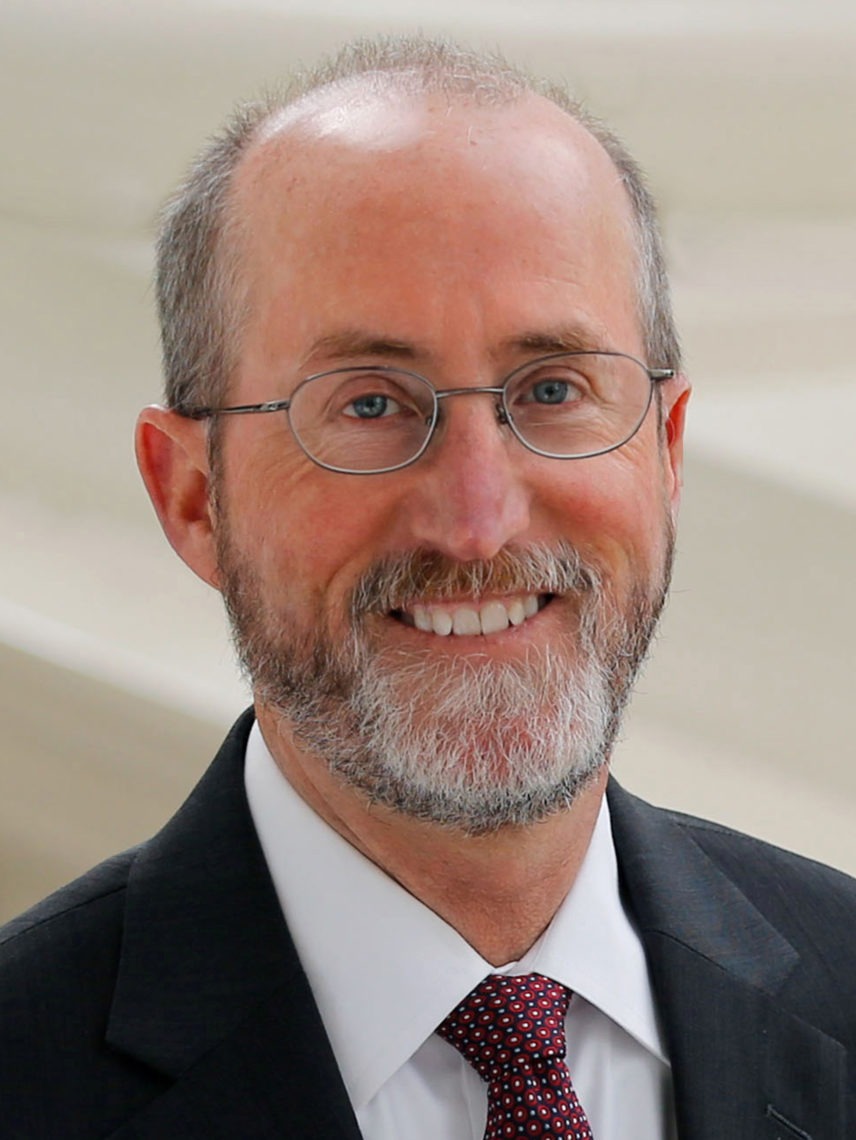
Sen. Steve Glazer, D-Contra Costa
“Public television and public radio have shown that Americans trust independent, government-funded media,” Glazer said. “This program builds on that tradition by providing public resources to local media through the creation of a university-run fellowship program whose journalists will be completely independent and operate without any connection to the government or influence from politicians.”
The decline of America’s local journalism has been evident since the beginning of the century. According to Pew Research polls, weekday newspaper circulation in the country fell from 55.8 million households to an estimated 28.6 million between 2000 and 2018, leading to a 57% drop in newsroom employment from 2008 to 2020.
A quarter of all newspapers across the country — 2,500 — have closed since 2005, and 365 have shut down since just before the start of the pandemic.
The idea for the AB 179 funding, Glazer said, sprung from widespread concern from lawmakers that this waning of local news media coverage poses a profound threat to democracy.
“Anything we can do to support independent, accurate and credible news coverage will help Californians make informed decisions about government and public policy,” Glazer said. “We believe this program will become a model for the nation.”
Berkeley Journalism is uniquely positioned to make an immediate and lasting impact on California’s local journalism coverage, said Anand.
In 2021-22 alone, Berkeley Journalism’s instructors and students won 15 prestigious awards, including a Pulitzer Prize, a George Polk Award and the Student Academy Award for documentary film.
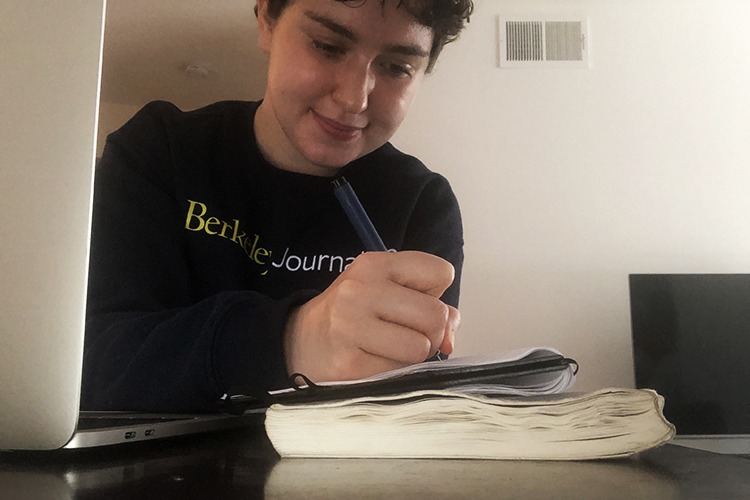
Annie Berman worked remotely from her off-campus apartment in Berkeley to contribute reporting to local COVID-19 news coverage for the New York Times.
And when the COVID-19 pandemic began, Berkeley Journalism transformed itself within one week into a newsroom, partnering with the New York Times to help meet the need for comprehensive local reporting on how the health crisis was affecting California. Half of the Berkeley Journalism students had their work published.
“Berkeley Journalism is a world-class institution with long and deep roots in California’s communities,” said Anand. “It is both a school and a newsroom focused on high impact and investigative reporting that includes coverage of the surrounding communities.”
Berkeley Journalism will hire staff for a project management team to run the program’s daily logistics. Selecting fellows for the program will be an inclusive process, Anand said. An advisory board will be created to review candidates and will include journalism educators, professionals and experts that represent and reflect California’s communities.
As for news outlets that fellows will work with, none will be excluded from consideration, but a particular focus will be put on newsrooms that provide local coverage for underserved and historically underrepresented communities.
“We want local journalism to flourish by being able to hire talented journalists from different backgrounds who focus on communities that aren’t fully represented or given a voice in current news coverage. We want to support outlets that attempt to meet that need.”
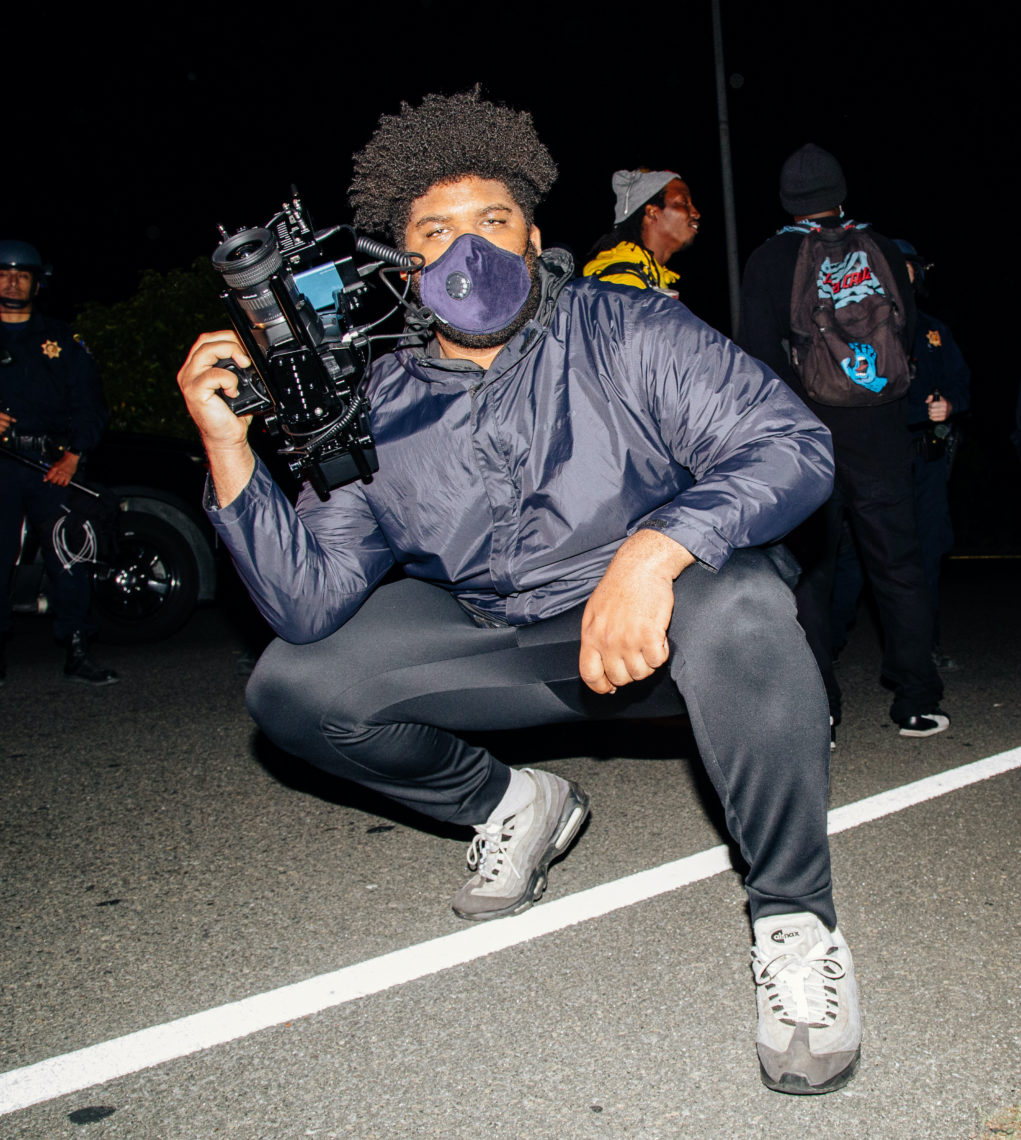
Berkeley Journalism graduate Skyler Glover filmed in Oakland, California at the very beginning of the 2020 protests after the murder of George Floyd.
The fellowship funding complements a fundraising campaign that Berkeley Journalism is launching this year that aims to transform the field of journalism — and its central role in a democratic society. While the state funds won’t be used for student tuition or scholarships, Anand said the fellowship is a “gamechanger” that aligns with the school’s greater mission: to remove economic barriers for journalists who have historically been excluded from the industry.
“We all see the world through the prism of our own lived experiences. So, who our storytellers are matters,” said Anand. “If we don’t have a diverse group of people becoming journalists, then we miss stories that matter.”
For more information about the program email journalism@berkeley.edu or visit here.
